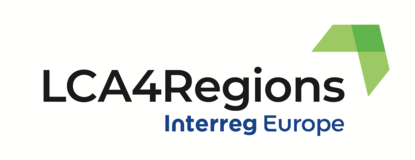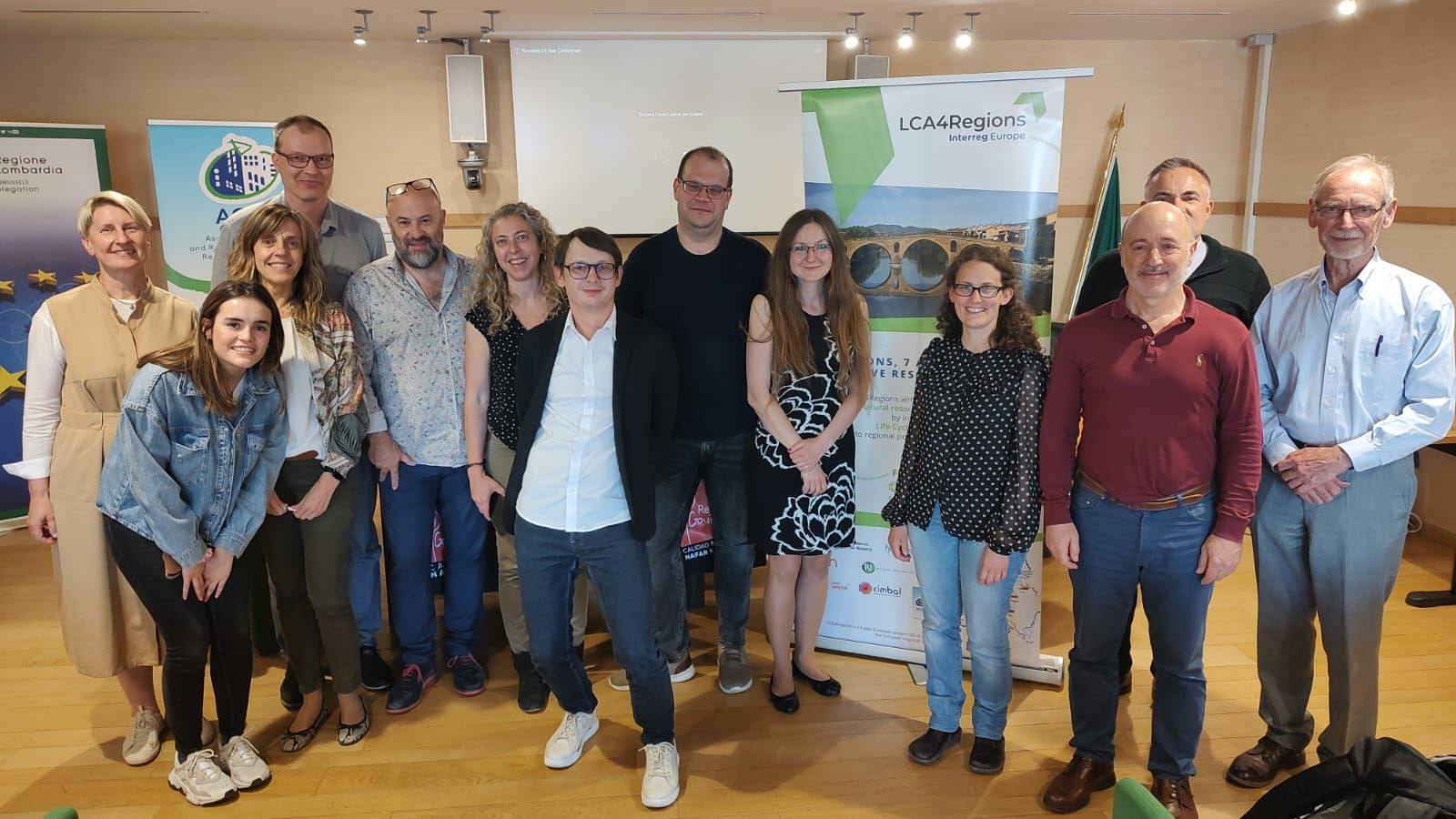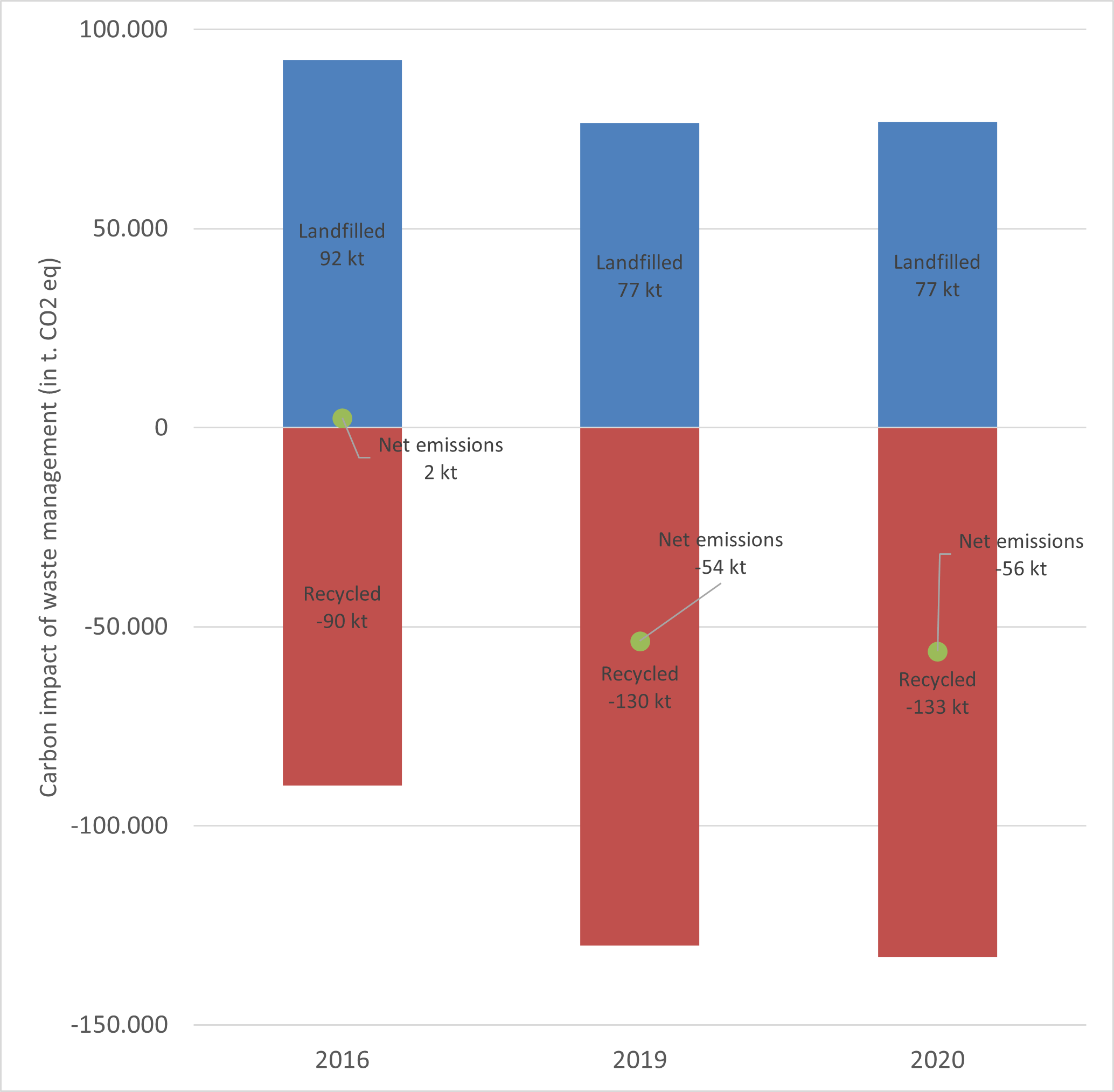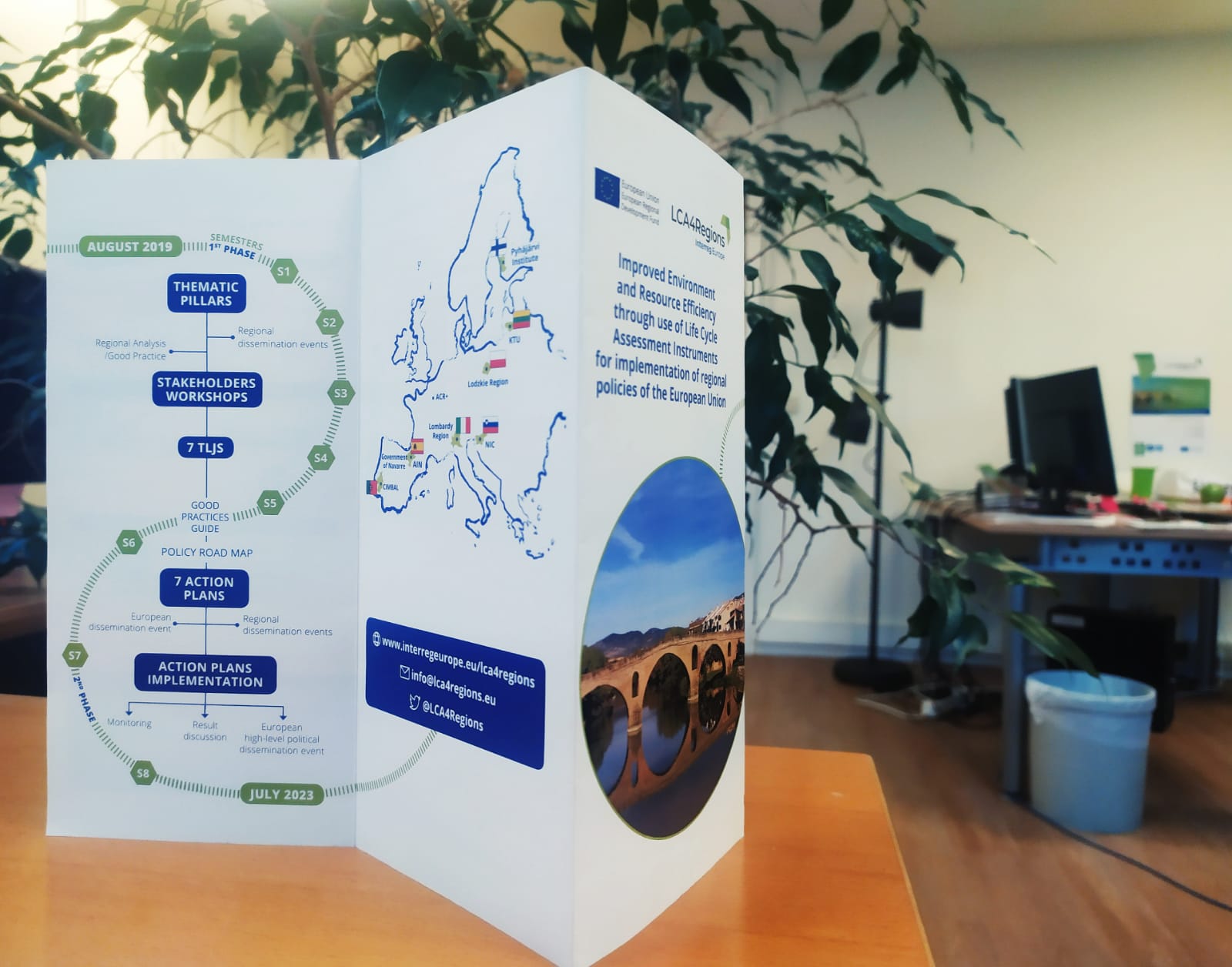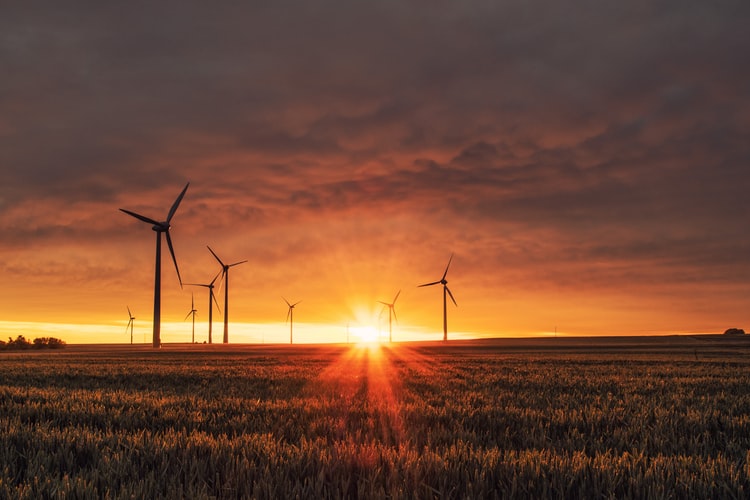The 3rd TLJ will take LCA4Regions partners to Satakunta, Finland. Before the journey starts, we offer you to discover its policy context in a series of five articles.
After climate policies, let's continue with circular economy and bioeconomy.
The Ministry of Environment is responsible for the circular economy strategy, collaborating with other ministries, research institutes, the Finnish Innovation Fund Sitra, Business Finland, and several companies and municipalities. The Ministry of Economic Affairs and Employment of Finland is responsible for the bioeconomy strategy, in close cooperation with the Ministry of Agriculture and Forestry and Ministry of Environment. Additional support comes from The Ministry of Transport and Communications, The Ministry of Education and Culture, and The Ministry of Social Affairs and Health.
Strategic programme to promote a circular economy
Finland is preparing a strategic programme to promote a circular economy. The aim is to transform the economy into one that is based on the principles of circular economy by 2035. With this programme, the Finnish Government wants to strengthen Finland’s role as a leader in the circular economy. The transition into a circular economy is also a step towards achieving the Government's carbon neutrality target by 2035. Vision of the programme is Finland in 2035: Our economic success is founded on a carbon-neutral circular economy society.
- Sustainable products and services are mainstream and the sharing economy is commonplace.
- Our choices are future-proof and they strengthen our fair welfare society.
- More for less: the use of natural resources is sustainable and materials remain in circulation longer and more safely.
- The breakthrough of the circular economy has been achieved through innovations, digital solutions, smart regulation, and responsible investors, businesses and consumers.
- With a circular economy, Finland is a strong player in the global arena and a provider of sustainable solutions on the international market.
The programme will be prepared and submitted for approval by the Government during 2020. The programme will set the objectives and indicators, specify the measures to be taken and allocate the resources needed to promote the circular economy and achieve systemic change. The programme will be prepared as a collaborative effort between ministries, research institutes, the Finnish Innovation Fund Sitra, Business Finland*, and several companies and municipalities.
Plastics Roadmap for Finland: Reduce, reuse, recycle and replace
The Plastics Roadmap for Finland points out the first steps towards a new, sustainable plastic economy. The Plastics Roadmap identifies measures used to reduce the harm caused by plastic waste and litter, help consumers deliver plastics to waste management, improve the efficiency of plastics recovery, recycling and product design, creating conditions for investments and innovations in the circular economy, and reducing the dependency on fossil raw ingredients by increasing bio-based and biodegradable solutions.
KULTU - Promoting Sustainable Consumption and Production “Getting more from less”
KULTU - The national Programme to Promote Sustainable Consumption and Production “Getting more from less” was completed among the first ones in the world in 2005. Based on the updated programme adopted in 2012 a Government Resolution “More from less – Wisely” was issued in 2013. This programme was launched for reduction of negative environmental effects and greenhouse gas emissions, largely due to consumption, both at households and at public sector. This programme set the basis for development of the tool for evaluation of environmental effects of life cycle based material flows (ENVIMAT model, by Finnish Environmental Institute and Oulu university), a material efficiency Institute was established (at Motiva). A platform to support Green public procurement (GPP) was launched, along with several pilot projects. The programme was connected to Government resolution for the promotion of sustainable cleantech (environment and energy) solutions at the public sector.
GPP targets national level: In all government procurements, the goal is a comprehensive solution, which promotes energy and environmental goals and utilises cleantech solutions in the most economically advantageous way. More detailed targets for different product areas: food and catering, vehicles and transports, construction, energy, services, energy related products.
